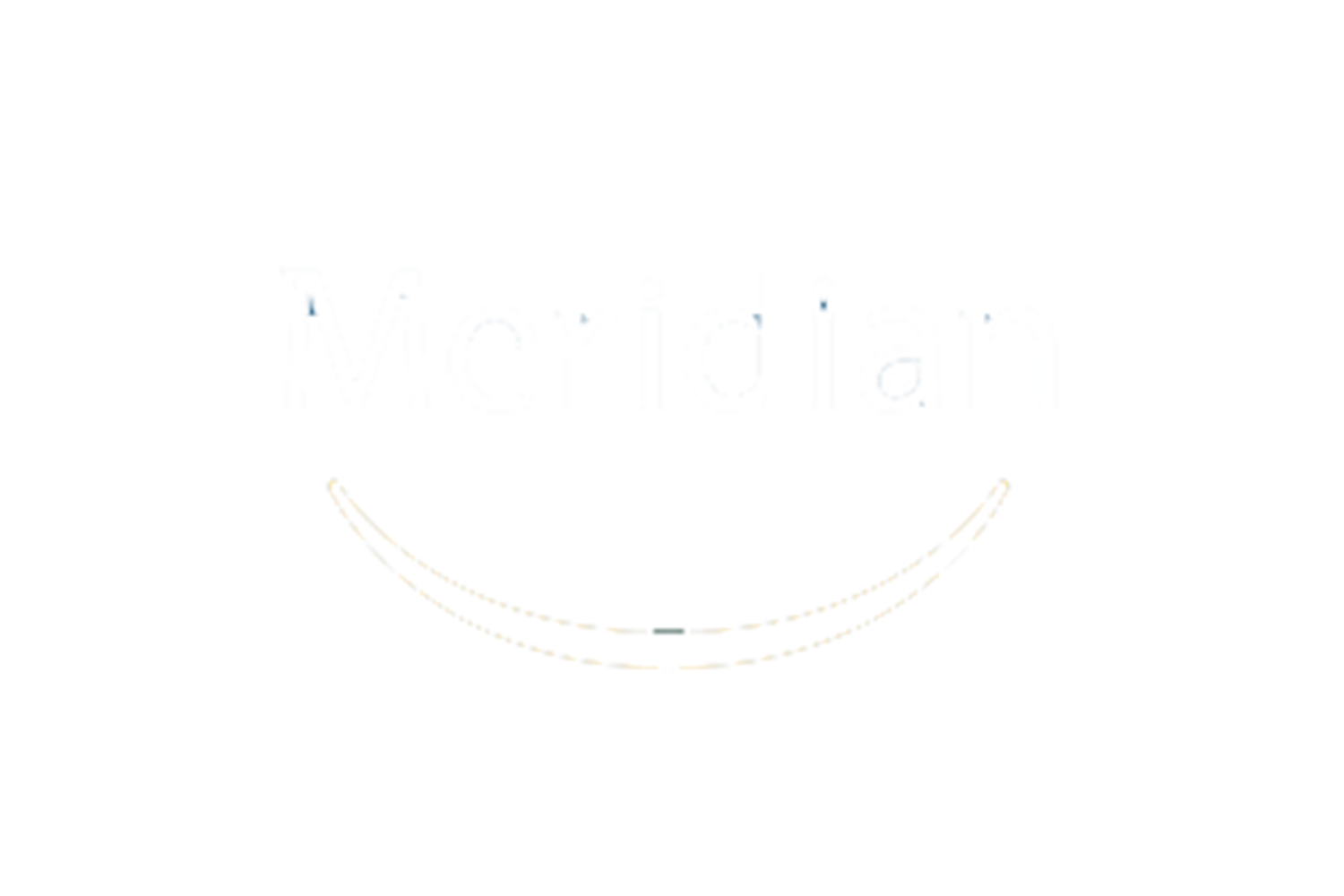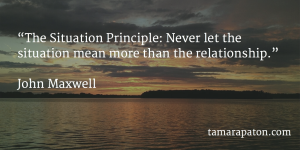

Despite being Canadian, I love the US Thanksgiving holiday. You simply can’t argue with an extra-long weekend that kicks off four weeks of gingerbread and champagne.
Inspired by the season, I find myself feeling grateful for 2015 and its highlights. Professionally speaking, it has been a year full of learning and contribution. I have had the privilege of collaborating with bright, motivated people I wouldn’t otherwise meet. One walked right beside me when my values were tested and another pushed me to think bigger about my leadership role. Simply put, it’s wonderful to work with people who inspire and believe in you.
The opportunity to thrive alongside these colleagues didn’t arise accidentally. In fact, I am quite deliberate about building strong personal relationships around the board table. Side conversations over meals and coffee breaks are a good start, and they are only the beginning.
Investing in relationships makes the job enjoyable and is just plain smart. Research shows that groups of friends outperform groups of acquaintances in both decision making and effort tasks. Furthermore, Wharton professor Adam Grant notes that friends are more inclined to share information and help one another.
“When friends work together, they’re more trusting and committed to one another’s success. That means they share more information and spend more time helping — and as long as they don’t hold back on constructive criticism out of politeness, they make better choices and get more done.”
If you find that building new social ties has become increasingly difficult, you are not alone. Researchers have observed that friendship networks peak and start to decrease by the end of a person’s twenties. As we age, we are less social and thus less sharp in our friend-making abilities.
Fortunately, we are capable of developing new or long-forgotten skills. As I make the quality of my board relationships a priority, there are a handful of techniques that help ease the way.
Intentionally find time with colleagues
While it’s tempting to rely on officially sponsored events to mingle with colleagues, board dinners aren’t your best bet. It turns out that that people don’t mix much at mixers, and at company parties, they mostly bond with similar colleagues.
To get around this hurdle, I do a few things. Firstly, when traveling for meetings, I align my flight schedule with my fellow directors. Another flight time or departure location might be more convenient for me, but time spent waiting out a flight delay together is a great opportunity to learn about a colleague’s life. Valuing this unstructured contact, I also make a point of attending conferences and governance training events with a fellow director. If an event interests me, I always find someone else who is keen to learn and let me be their wingman.
When I’m direct about wanting to get to know someone better, they are usually flattered. That was certainly the reaction I received when I suggested that the four women serving on one of my boards get together for lunch. All it took was one of us to make the suggestion.
Explore common interests together
New relationships often involve awkward small talk and uncomfortable moments of silence with near-strangers. I find it easier to move beyond these challenges when sharing an engaging activity.
A few years ago, a board meeting brought me close to one of Frank Lloyd Wright masterpieces. As a fan of modern architecture, I couldn’t miss the opportunity to visit and I shared my excitement with a fellow director. He ended up joining me that day and we have since visited a half dozen museums and historical sites together. At first glance, we have nothing in common, but he happily trusts me to add some cultural enrichment to his travels.
I was similarly fortunate during a recent MEC board offsite. Two colleagues generously slowed down their running pace so we could explore the local running trails together. We talked about anything and everything, and asked questions that would have been totally out of place in a formal meeting. Although the golf course can be a fine location for relationship building, you see someone differently when you have your hands on your knees recovering from an uphill sprint.
Pack a list of great questions
Regardless of the context, it helps to know how to drive a conversation. Moving beyond superficial, safe topics encourages people to open up about themselves. Of course, that doesn’t mean we should ask whatever inappropriate question comes to mind. A board dinner is not the place to quiz people about their most embarrassing moment. In my experience, planning a list of potential questions in advance can give you a safe track to run on and filter out the weird moments.
Leadership coach Michael Hyatt recently suggested nine questions that can fuel rich conversation, both over the holidays and any other time.
- How do you define a great holiday experience? What’s the best one you can remember?
- What are your top three strengths—and how do they benefit others?
- If you had one million dollars to give to charity, how would you spend it?
- What is your favorite trait in other people?
- As a child, what did you want to be when you grew up—and how does that relate to what you do now?
- When you look back on the last year what are you most proud of?
- What are the two biggest lessons you learned this last year?
- When you think about the coming year, what are you most excited to accomplish?
- What new capability do you want to develop in the next year?
The common thread to these questions is their focus on your conversation partner. People generally find it easy to talk about themselves, especially when asked by a curious new friend.
Great relationships are like anything. They are not an accident; they are the product of honest interest in another. I hope you find ways to build your boardroom relationships and have fun in the process.
Question: How have social ties affected your board experience? Please share your experience via Twitter or LinkedIn.








